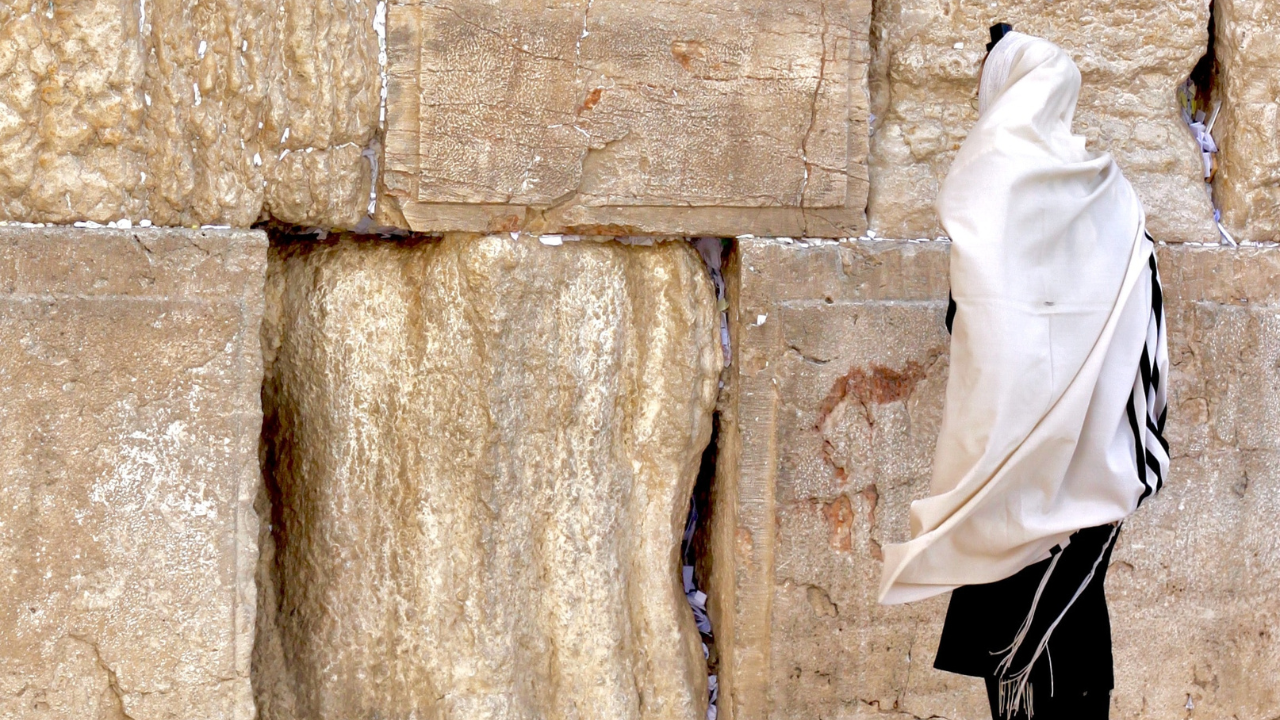Jerusalem of Prophecy
This week’s parsha provides an overview of the future history of the Jewish people. Moshe Rabbeinu teaches the Jewish people a prophetic song which outlines that they will enter the Land of Israel, be materially and spiritually successful, but then fall prey to sin and be exiled. Eventually, God will redeem the Jewish people due to the great desecration of His name caused by this exile and the Jewish people will return to the Land.
Ramban, writing in the 13th century, has the most extraordinary comment on this parsha. He notes that he and his generation, living centuries after the original composition of the song, had the benefit of hindsight that the people in Moshe’s generation did not have. Ramban writes that by his time period, half of the song had already been fulfilled:
Even if this song was written from an astrologer who predicted the future it would be proper to believe in it since until now every detail of it has been fulfilled. Certainly, we who wholeheartedly believe that it was written as the word of God to His most trustworthy prophet who has no parallel before him or after him.
Ramban uses the historical accuracy of the first half of the song as a way of strengthening the faith of the Jewish people regarding the ultimate redemption.
The events of the past eight centuries have only reinforced the Ramban’s argument. The Jewish people have experienced the full wrath of God’s hand but have also returned to the Land of Israel and rebuilt and resettled Yerushalayim. More parts of the Song of Haazinu, in addition to so many other prophecies are continuously being fulfilled.
Two hundred years ago the following verse would have seemed a distant dream:
There shall again be heard in… the cities of Judah and in the streets of Jerusalem that are desolate without a man and without an inhabitant and without a beast, the sound of mirth and the sound of joy, the voice of a bridegroom and the voice of a bride, the sound of those saying, “Thank the Lord of Hosts, for the Lord is good, for His loving-kindness endures forever,”
Yet, today, weddings in Yerushalayim is a matter of rote. Similarly, two hundred years who would have thought that the verse “And the redeemed of the Lord shall return, and they shall come to Zion with song, and [with] everlasting joy on their heads; gladness and joy shall overtake them; sorrow and sighing shall flee” would be sung as a song in the streets of Yerushalayim.
We are the generation that is witnessing the fulfillment of prophecies. A simple stroll through the streets of Yerushalayim on Sukkot seems like a dream come true. While we fervently pray for the ultimate fulfillment of our dreams with the coming of Mashiach, we should follow the path of the Ramban and strengthen our faith in our ancient prophecies by evaluating Jewish history and the reality around us. This will help us thank God for how far we have come and pray for the fulfillment of the prophecies that are yet unrealized.



